By Tim Hepher, Mathieu Rosemain and Elvira Pollina
PARIS/LONDON (Reuters) -Driven to the brink by Elon Musk’s SpaceX, Europe’s biggest satellite firms are setting aside longtime rivalries in a do-or-die $7 billion merger that some insiders are already calling Project FOMO.
A riff on Project Bromo, the code name for talks that led to Thursday’s deal between Airbus, Thales and Leonardo, their fear of missing out reflects a market dominated by SpaceX and its Starlink array as well as new mega-constellations in China.
“This kind of merger of the three biggest European space companies would have been unthinkable 10 years ago, but competition between Airbus and Thales is much less significant than competition between Europe, U.S. and China,” said Caleb Henry, research director at advisory firm Quilty Space.
AIRBUS, THALES, LEONARDO COMBINE SATELLITE ACTIVITIES TO COMPETE GLOBALLY
The merger unites two joint ventures between Thales and Leonardo – Thales Alenia Space and Telespazio – with Airbus’ satellite business as well as various smaller activities.
Airbus and Thales had tentatively explored co-operation in the past but received discouraging signals from the European Commission and political and industrial appetite for a deal was less pressing, two people involved in those talks said.
Since the last attempt more than five years ago, they have watched Europe’s traditional market for geostationary satellites cut in half, as cheaper satellites flood low Earth orbit.
Russia’s invasion of Ukraine and a security rift with the United States accelerated Europe’s drive to support such sensitive assets as satellites, which increasingly overlap with defence.
A tipping point came with mounting losses on cutting-edge, reprogrammable satellites such as the Airbus OneSat programme.
Airbus CEO Guillaume Faury, tasked by the board with reforming defence and space strategy, sounded internal alarms in early 2024, telling staff that the losses were unacceptable.
By mid-2024, Airbus was hit by spiralling charges mainly related to OneSat and Thales was grappling with overcapacity, pushing them into landmark talks first reported by La Tribune.
NEGOTIATIONS ON VALUATIONS STILL PAINFUL
One person with direct knowledge of the decision, asking not to be named, said Airbus and two satellite ventures jointly owned by Thales and Leonardo seized the moment “to say we are suffering and have to compete globally, not against each other”.
Another person involved in the talks said there had been “an overriding consensus that this is badly needed, for everybody”.
By Tim Hepher, Mathieu Rosemain and Elvira Pollina
PARIS/LONDON (Reuters) -Driven to the brink by Elon Musk’s SpaceX, Europe’s biggest satellite firms are setting aside longtime rivalries in a do-or-die $7 billion merger that some insiders are already calling Project FOMO.
A riff on Project Bromo, the code name for talks that led to Thursday’s deal between Airbus, Thales and Leonardo, their fear of missing out reflects a market dominated by SpaceX and its Starlink array as well as new mega-constellations in China.
“This kind of merger of the three biggest European space companies would have been unthinkable 10 years ago, but competition between Airbus and Thales is much less significant than competition between Europe, U.S. and China,” said Caleb Henry, research director at advisory firm Quilty Space.
AIRBUS, THALES, LEONARDO COMBINE SATELLITE ACTIVITIES TO COMPETE GLOBALLY
The merger unites two joint ventures between Thales and Leonardo – Thales Alenia Space and Telespazio – with Airbus’ satellite business as well as various smaller activities.
Airbus and Thales had tentatively explored co-operation in the past but received discouraging signals from the European Commission and political and industrial appetite for a deal was less pressing, two people involved in those talks said.
Since the last attempt more than five years ago, they have watched Europe’s traditional market for geostationary satellites cut in half, as cheaper satellites flood low Earth orbit.
Russia’s invasion of Ukraine and a security rift with the United States accelerated Europe’s drive to support such sensitive assets as satellites, which increasingly overlap with defence.
A tipping point came with mounting losses on cutting-edge, reprogrammable satellites such as the Airbus OneSat programme.
Airbus CEO Guillaume Faury, tasked by the board with reforming defence and space strategy, sounded internal alarms in early 2024, telling staff that the losses were unacceptable.
By mid-2024, Airbus was hit by spiralling charges mainly related to OneSat and Thales was grappling with overcapacity, pushing them into landmark talks first reported by La Tribune.
NEGOTIATIONS ON VALUATIONS STILL PAINFUL
One person with direct knowledge of the decision, asking not to be named, said Airbus and two satellite ventures jointly owned by Thales and Leonardo seized the moment “to say we are suffering and have to compete globally, not against each other”.
Another person involved in the talks said there had been “an overriding consensus that this is badly needed, for everybody”.

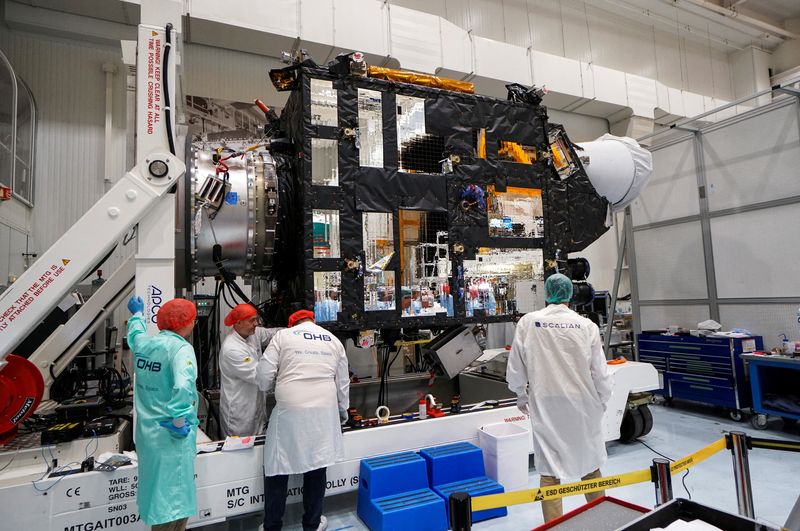
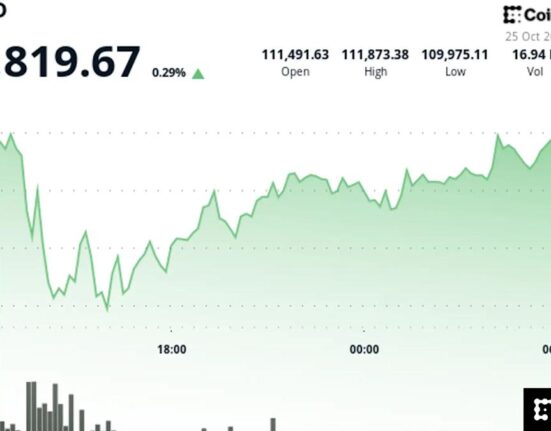
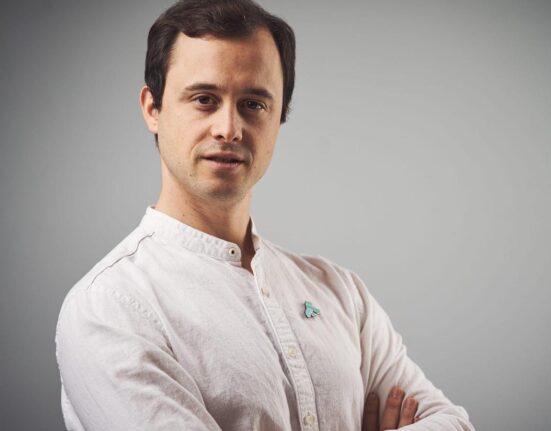
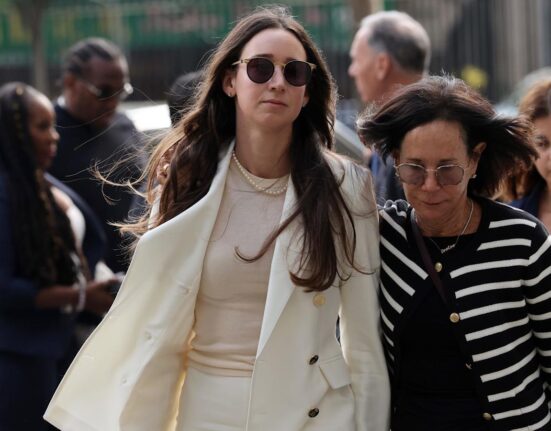
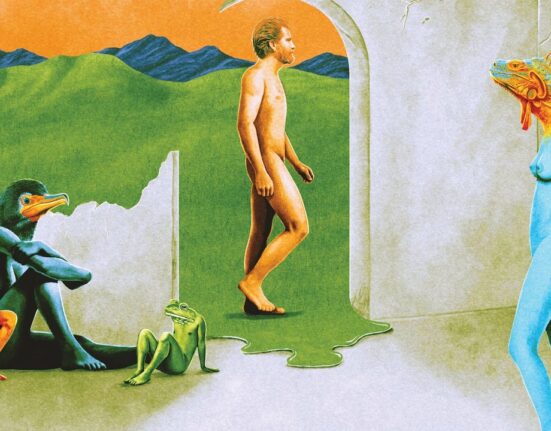




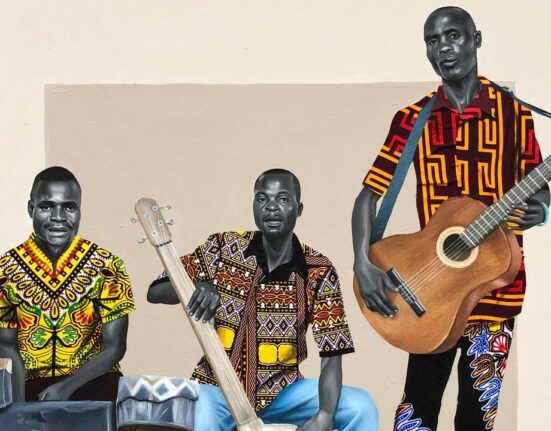
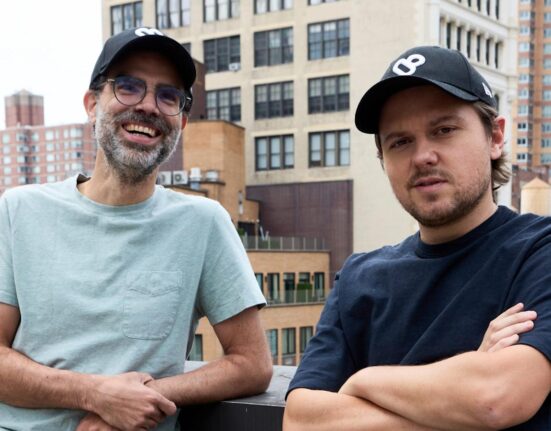
Leave feedback about this